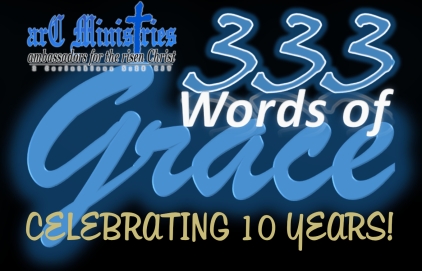Friday, May 3, 2024
“Not forsaking the assembling of ourselves together, as the manner of some is; but exhorting one another: and so much the more, as ye see the day approaching” (Hebrews 10:25 KJV).
Does today’s Scripture render church attendance obligatory?
How extremely (extremely!) critical it is to our Bible understanding that we do not isolate verses from their context… and this includes today’s Scripture. To lift verses out of their dispensational setting is to go the way Christendom has for centuries upon centuries upon centuries—tens of thousands of denominations, cults, and sects all “picking and choosing” which Scriptures to “name and claim” and which to let alone and wish did not exist. Had they been mindful of contexts, there would have been far more discretion, far more maturity, and far less corruption and far less confusion.
While many take immense pleasure in appealing to today’s Scripture because it agrees with their theological system (and such mandatory church attendance is sure to generate funding for their denomination!), they tend to ignore verses 26-31 (the context) because the context is at variance with what their theological system promotes. The fact of the matter is that the Book of Hebrews applies to no one alive today. It is prophetic and Israeli, whereas we are in mystery and the Church the Body of Christ.
Like with God calling people to get on the Ark in Noah’s day, so the Holy Spirit through the writer of Hebrews (today’s Scripture) calls unbelieving Jews to place their faith in Jesus Christ and thereby join or assemble with the Little Flock (believing Israel) so as to survive the wrath to come (Matthew 24:36-41; Luke 17:24-37; Hebrews 11:7; 1 Peter 3:20,21; 2 Peter 2:5; 2 Peter 3:5-7). Carefully note the wrath meted on unbelieving Israel in Hebrews 10:30,31—the wrath connected to the “day” of Christ’s Second Coming in verse 25, the wrath to fall on Jews who have not entered the “ark” of the Little Flock.
Someone will surely inquire, “If Hebrews 10:25 is for Israel and not for us, what about our church attendance? Should we go to church?” In order to answer this question, we must painstakingly lay out some clarifications….

